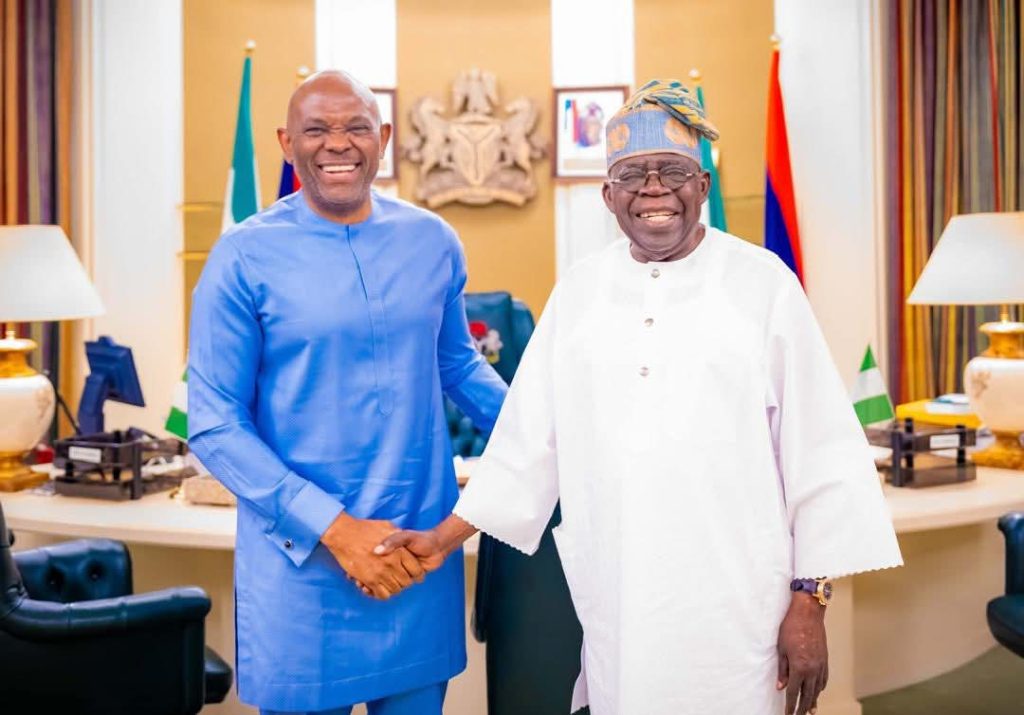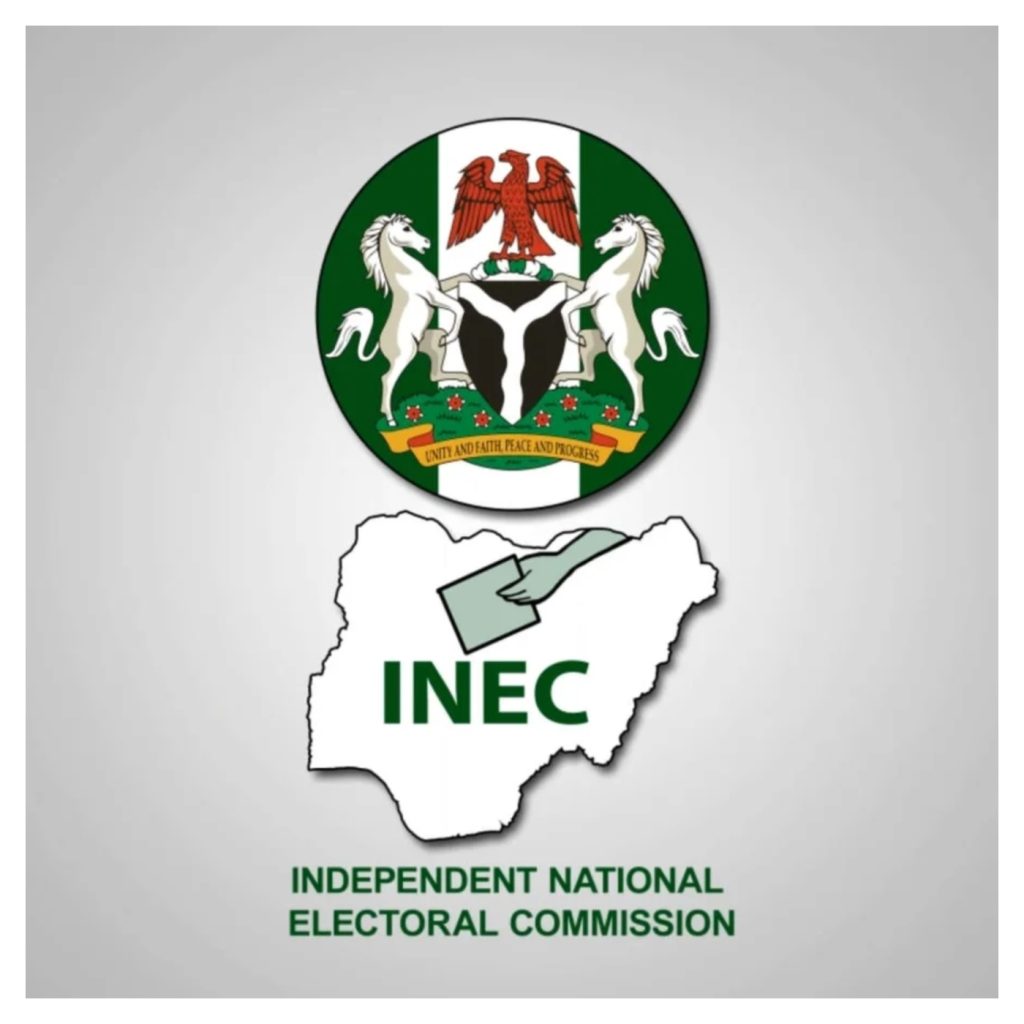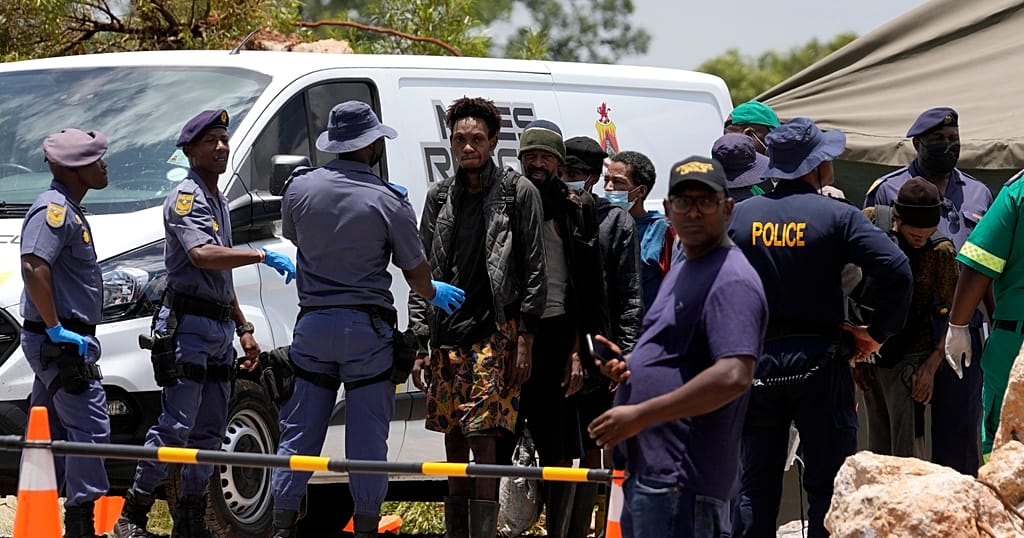Peter Obi, Nigeria’s former Labour Party presidential candidate, has urged his supporters to shift allegiance to the African Democratic Congress (ADC) in upcoming by-elections, following the exclusion of Labour Party candidates due to unresolved internal disputes. The announcement, shared via Obi’s official social media account on Thursday, signals a strategic pivot as multiple legislative seats across 16 Nigerian states prepare for polls on August 16, 2025.
The by-elections will determine representatives for two senatorial districts, five federal parliamentary seats, and nine state assembly positions. However, Nigeria’s Independent National Electoral Commission (INEC) has barred the Labour Party from fielding candidates, citing a failure to resolve internal leadership conflicts. This development prompted Obi, a prominent opposition figure, to publicly advise his supporters to “vote for the coalition political party, ADC,” emphasizing unity among his “Obidient” and COPDEM support bases—groups central to his 2023 presidential campaign.
The Labour Party’s exclusion marks a significant setback for a party that gained traction during Nigeria’s last general elections. Analysts suggest Obi’s endorsement of ADC candidates could influence voter behavior, particularly in competitive regions. The ADC, a smaller opposition party, has positioned itself as a coalition partner for reform-minded groups, though its national reach remains limited compared to major parties like the ruling All Progressives Congress (APC) and the Peoples Democratic Party (PDP).
Obi’s call to action underscores the broader challenges facing Nigeria’s opposition bloc, which has struggled to maintain cohesion amid factional rivalries and legal battles. While his directive aims to consolidate anti-establishment votes, some supporters have questioned the long-term implications of aligning with a less-established party. Political observers note that the move could either strengthen opposition collaboration or deepen fractures ahead of future elections.
The upcoming polls are seen as a litmus test for Nigeria’s electoral dynamics, with outcomes likely to shape strategies for the 2027 general elections. Voter turnout and ADC’s performance in key states will be closely monitored, particularly in southeastern and southern regions where Obi’s influence remains robust. Meanwhile, INEC has reiterated its commitment to conducting free and fair elections, though concerns persist over logistical hurdles and potential voter apathy.
As campaigns intensify, the ADC’s ability to capitalize on Labour’s absence—and Obi’s endorsement—will depend on its organizational capacity and messaging. For now, the former Labour leader’s appeal reflects a pragmatic response to an unexpected electoral hurdle, reshaping the political landscape in one of Africa’s most volatile democracies.



